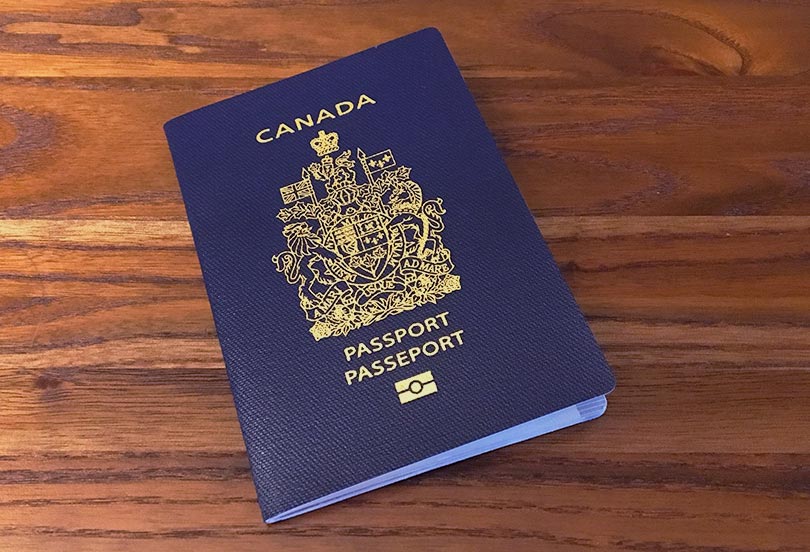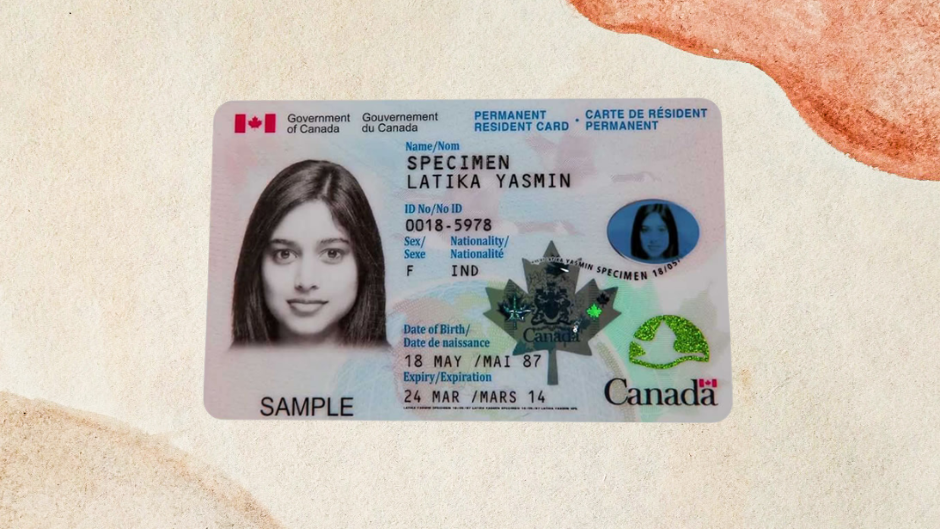The Canadian government requires PRs to be physically present in Canada for at least 730 days (2 years) out of every 5-year period. This is known as the “residency obligation.” The Canadian government has this requirement in place to ensure that PRs are actively living in and contributing to the Canadian community.
Meeting the residency obligation is important because failure to do so can result in the loss of your PR status and the revocation of your PR card. This means that you would no longer be able to live, work or study in Canada, and would have to apply for a new visa to return.
If you are outside of Canada with an expired PR card, you may still be able to return to Canada as a PR if you meet certain conditions. For example, you can apply for a Permanent Resident Travel Document (PRTD) and provide evidence that you have met the residency obligation. This evidence can include things like proof of employment, property ownership, and family ties in Canada.
If you are unable to meet the residency obligation due to extenuating circumstances, such as a medical emergency or a family crisis, you may be able to apply to renew the PR card or apply for a PRTD under compassionate reason, depending on the situation and how many days short of the legislatively required 730 days. This process involves providing detailed information and documentation to support your claim, and the decision will be made on a case-by-case basis.

It’s important to note that even if you are able to meet the residency obligation, your PR status may still be at risk if you have a criminal record or have committed immigration fraud. In these cases, your PR status can be revoked even if you have met the residency obligation.
In order to avoid these situations, it is important to plan ahead before traveling outside of Canada for an extended period of time. If you know you will be away for an extended period, it is important to apply for a new PR card well in advance. Generally speaking, you can renew your PR card 6 months before its expiry.
Finally, it is important to understand that your Permanent Resident status is a privilege, not a right. It is important to take your residency obligation seriously and to take steps to meet it. If you are unsure about your residency obligation or have any questions about your PR status, it is recommended that you seek professional advice.
As a Canadian Permanent Resident, it is important to be aware of your residency obligation and to take steps to meet it. This may involve careful planning and documentation of your time spent in and out Canada, as well as being prepared to apply for a new PR card or a residency determination if necessary. The Canadian government has put these regulations in place to ensure that Permanent Residents are actively participating in and contributing to the Canadian society.
Several circumstances may allow you to count days towards meeting Residency Obligation:
- Accompanied by a Canadian citizen spouse or common-law partner
- Child (under 19) accompanied by a Canadian citizen parent
- Employed by Canadian business or Public Service of Canada on a full-time basis, being assigned a position outside of Canada
- Spouse, common-law partner, or child, of the Canadian business or Public Service Canada full-time employee, who is also outside of Canada.
What can I do if your PR card has expired, and you are outside of Canada?
- If you have met your residency obligations – apply for the PRTD at the nearest Canadian consulate.
- If you have NOT met your residency obligations – DO NOT apply to renew your PR card or apply for the PRTD. Doing so will only get yourself reported for failing to meet the requirement, and you will most likely be subjected to a “PR removal hearing”.
If you are in this situation, or if you are unsure about your situation, talk to us. We can help you with this.
The content above is not intended to provide legal advice or opinions of any kind and may not be used for professional or commercial purposes.







